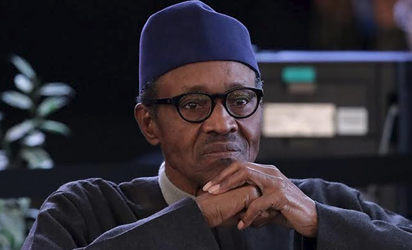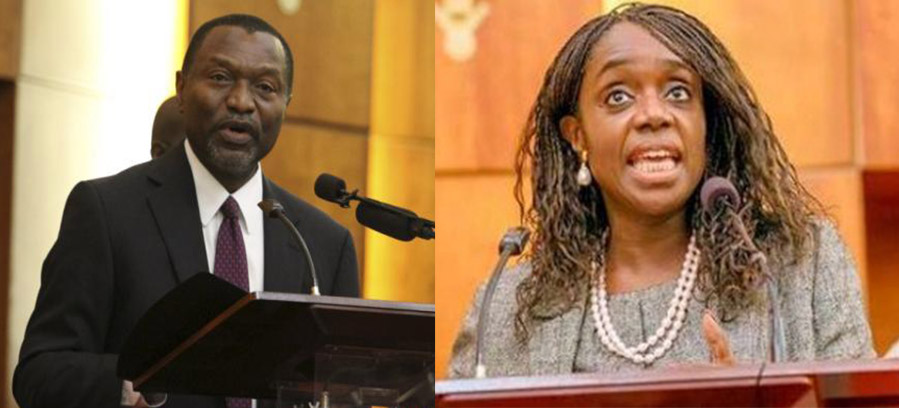Consortium of 13 banks involved in Etisalat Nigeria loan on Thursday refuted reports that they have taken over the operations of the company.
A management source close to the banks who pleaded anonymity told newsmen in Lagos that there was no truth in the report making the round.
The source said that the banks major interest was the loan repayment borrowed by the company and not takeover.
“We are not telecommunication companies, all we want is our money,” he said.
The source said that the company must pay back the loans in order not to jeopardise the economy, jobs, payment of dividends and depositors funds.
He stated that it was not only the banks that would suffer but billions of Nigerians, even the vendors and distributors doing business with the company.
“We did not take over Etisalat as being insinuated, if we have taken over, it has to be registered with the CAC.
“They are still doing their business, they just want to weep up sentiment at the United Arab Emirates (UAE),” the source added.
He added that the company had about 20 million subscribers, adding that any interruption would affect many businesses, especially SMES.
According to the source, the affected Nigerian banks are owed about 570 million dollars out of the 1.2 billion dollars syndicated loan with the balance being owed vendors and distributors, among others.
The source said that Etisalat wanted to pay only 10 per cent of the loan borrowed and requested that others should be written off as non-performing loan.
He said that Etisalat wanted the consortium of banks to pay 50 million dollars out of 570 million dollars being owed, which the banks rejected.
The source added that the banks practically reduced the debt to between 20 per cent and 30 per cent at a discounted interest rate of six per cent below the market rate which was rejected by Etisalat.
“All we are requesting is for the Federal Government to wade into the issue and carry out due diligence on what the loan was used for.
“A foreign company cannot come and ride us in Nigeria, if this issue is not handled carefully, others will do the same thing,” the source said.
The source said that the company was avoiding negotiations which made the affected banks to fly to London earlier in the year to have a discussion with a company with its office in Nigeria.
He said that the company was advised earlier before naira devaluation to convert the foreign loans to local currency due to fall in oil price at the global market, which it also rejected.
TheNewsGuru.com reports that UAE’s Etisalat had on June 20, said that it had been instructed to transfer its 45 per cent stake in Etisalat Nigeria to a loan trustee.
Etisalat said it had been notified to transfer its stake by June 23. It said the stake had a carrying value of zero on its books.
TheNewsGuru.com also reports that in the last few months, Etisalat Nigeria has been in talks with Nigerian banks to restructure a 1.2 billion dollars loan after missing repayments.
The loan is a seven-year facility agreed with 13 banks in 2013 to refinance a 650 million dollars loan and fund expansion of the telco’s network.
TheNewsGuru.com reports that though the Nigerian Communications Commission (NCC) and the Central Bank of Nigeria (CBN) stepped into the fray to prevent a takeover by the banks, those discussions failed to produce an agreement on restructuring the debt.
NAN






